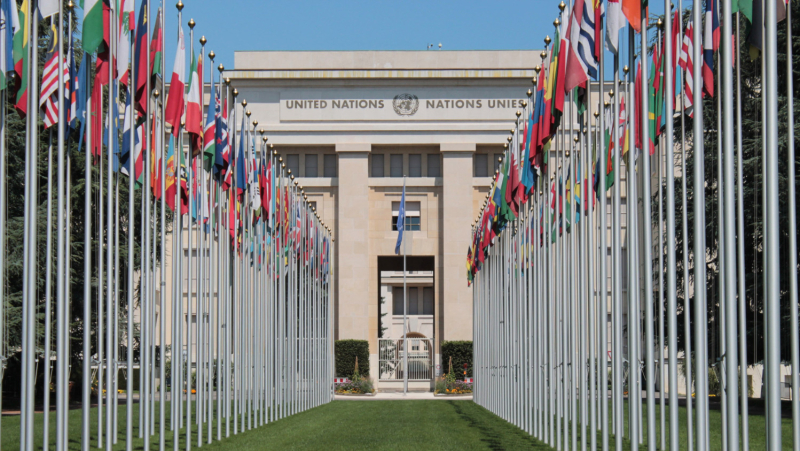UN Working Group pushes back against “carveouts” and “presumptions” for finance sector in the EU’s CS3D

In a statement released over the summer, the UN Working Group on Business and Human Rights expressed concern over the treatment of financial institutions in all drafts of the European Union's Corporate Sustainability Due Diligence Directive (CS3D).
The UN Working Group stated that all drafts of the legislation to date “contain unjustified carveouts and/or presumptions for the sector that depart from international standards and ignore existing practice”.
This intervention comes at a crucial time as the legislation enters the last phase of political negotiations. The inclusion of the financial sector in the CS3D has been a topic of heated debate in Brussels, with key institutions assuming different negotiating positions. While the European Council’s draft of the legislation made inclusion of the financial sector optional for member states, the European Parliament voted in favour of including the sector in the scope of the legislation.
However the European Parliament's draft of the legislation also included caveats which the UN Working Group resisted in its statement. In particular the draft states in two articles that “it shall be presumed that financial undertakings are directly linked to an adverse impact in their value chain without causing or contributing to it.”
The UN Working Group pointed out that “past attempts to suggest that such a presumption is appropriate or in line with international standards have been roundly rejected by OHCHR, the Working Group, and by John Ruggie, the principal drafter of the Guiding Principles, among others. They have all clarified that financial institutions can cause, contribute to and be directly linked to adverse human rights impacts. (Emphasis in the original.)
BankTrack, a long-standing advocate for accountability and respect for human rights in the banking industry, was the first to sound the alarm when this presumption was first put forward in a 2017 “Discussion Paper” by the Thun Group of Banks.
BankTrack coordinated an open letter calling on the Thun Group to withdraw the paper, and further sought the advice of the UN Office of the High Commissioner for Human Rights (OHCHR) on the matter. In response, the OHCHR published an advisory note, reaffirming that banks can contribute to adverse human rights impacts, which remains an influential guidance document on the banking sector’s human rights responsibilities under the UNGPs.
Further interpretative guidance on the responsibilities of financial institutions under the UNGPs has been published by the United Nations. The Organisation for Economic Cooperation and Development also developed specific guidance for the financial sector with regards to its Guidelines for Multinational Enterprises.
With this statement, the UN Working Group reiterates that all financial institutions, regardless of their type, size, and structure, have the same responsibilities to respect human rights as all other business enterprises. Creating exceptions for the financial sector would be inconsistent with international standards and would not result in robust legislation.
As EU institutions are expected to enter “trilogue” discussions on the CS3D in the autumn, BankTrack calls on the relevant stakeholders and policy makers to heed the concerns raised by the UN Working Group. If the CS3D is to be effective, it needs to be aligned with international standards. This means fully including banks and all other financial institutions in the scope, and acknowledging they can cause, contribute or be directly linked to harms through their finance.
